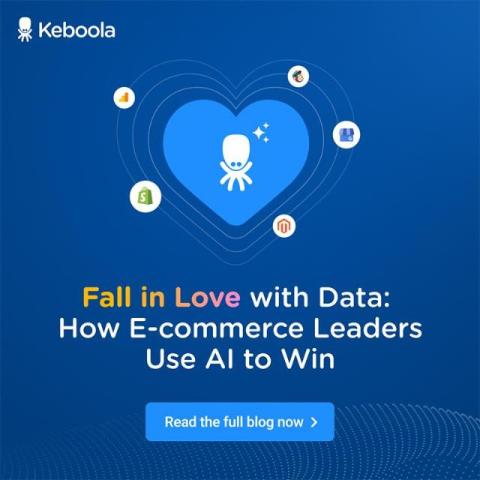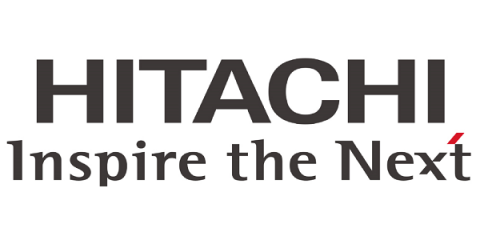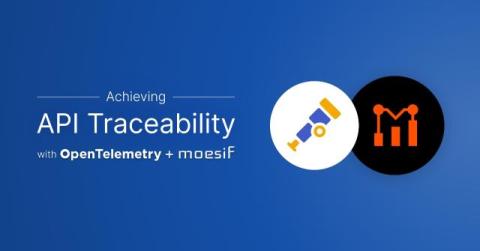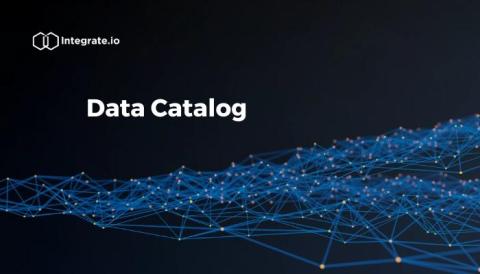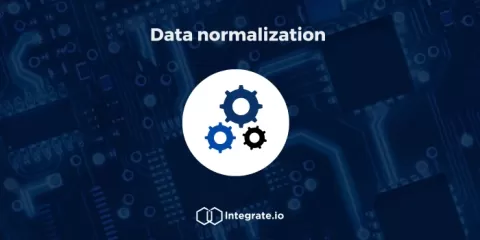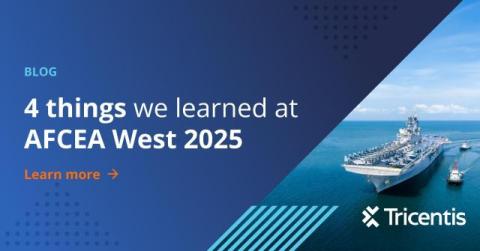Ecommerce LOVES AI
The e-commerce landscape is passionately competitive. Today is a prime example as consumers rush to secure the perfect Valentine’s Day gift before it's slim pickings on the chocolates and the sad looking roses! How do you meet the demand and keep those last minute bouquet hunters happy?


